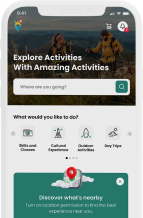
One of the most unique and the most beautiful countries in the world, Nepal is a magical destination. Nepal is divided into elevation zones. This is due to the mountainous nature of the country, some parts of Nepal lie at 100 meters elevation and others stand at 8000 meters. This diverse nature makes trekking in Nepal one of the most sought-after adventures in history.
Numerous trekkers and adventurers have attempted climbing the Himalayas, specifically mount Everest. However, that’s not the only trekking you can enjoy in Nepal.
And while climbing the highest peak in the world is definitely tempting, there is a lot more trekking that even amateur travelers can do.
So no matter what your climbing skills may be, you will most probably enjoy your trip to Nepal, you just need to learn about the dos and don’ts and you will be fine.
So before you go trekking in Nepal, here are the trekking guidelines, as well as the best places to go trekking.
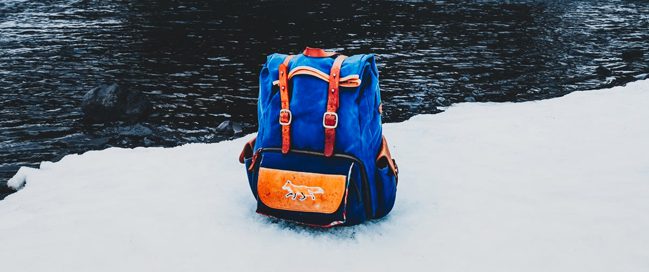
Before you go trekking in a mountainous region, you need some important equipment, as well as some necessities, so here is a list that you need to prepare.
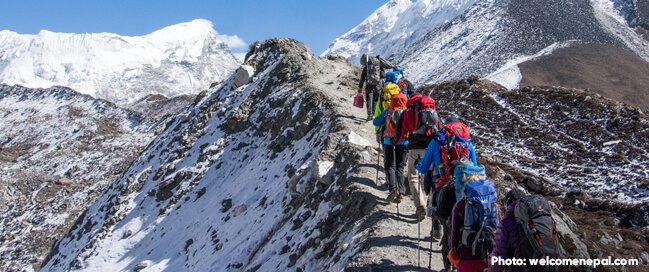
Trekking and hiking in Nepal can be done year-round, as they are the most common attractions there. However, there are two peak seasons: fall and spring. Whether you prefer going in the peak seasons to take advantage of the nice weather and the multitude of services or going another time to avoid the large numbers of trekkers is totally up to you and your personal preference.

The most popular trekking season in Nepal for a reason, sunny balmy weather, clear views, and nice temperatures. The only con for this time is that because it is the most popular it is the most crowded season, trails will be packed.
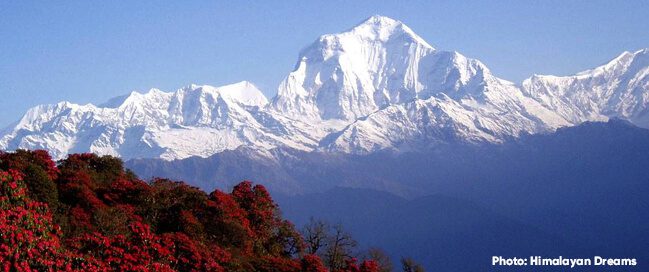
The second most popular time of the year. The time when giant trees bloom and when temperatures are at their best. The cons to this time are busy trails and the probability of hazy skies, less clear mountain views than fall. However, hazy skies tend to clear as you climb in elevation.
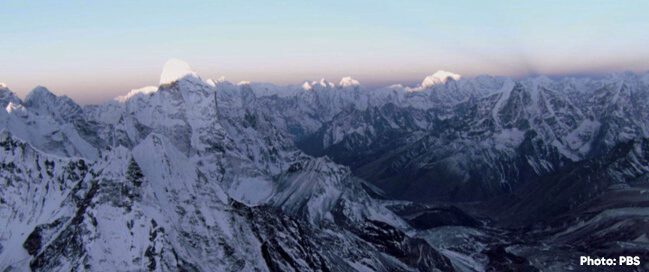
Some sparse sunny days can be found during the wintertime and a brilliant mountain view. Nonetheless, temperatures can be extremely cold, and the higher you go the colder it gets, daylight hours are shorter, and unpredictable storms can ruin all your plans in a blink of an eye. In addition to that, many popular trails might be closed due to snowfall. All that said, prices are good during that time, and the solitude in the quiet trails can be addictive.

Traveling during the monsoon season is not a good idea. In addition to the hot humid weather, the mountain views are obscured by clouds. Also, monsoon rains bring landslides, which make trekking difficult and dangerous, and leeches, which make life unbearable.
By nature, a trekking trip takes a lot of planning, one of the most important questions while planning is where will I stay?
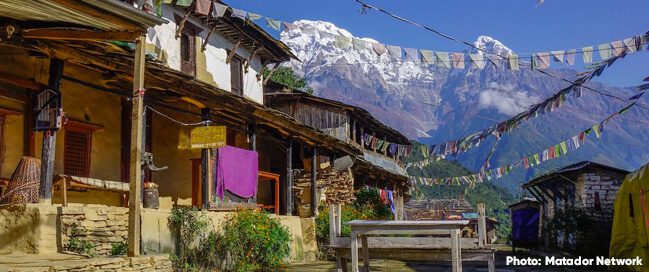
The normal way for accommodation while trekking in Nepal is stopping at a teahouse when you are ready to take a break or and drink something or eat a hot meal or even go to sleep and call it a day.
That is why teahouses, which are small mountain lodges, are frequently spaced along trekking trails. On most popular trails you can pass a teahouse every hour or two.
Teahouses are usually simple, comfortable, and affordable. They also sell snacks and showers, if you just want to take a shower and go back to your trek you can do that in a teahouse.
If you want to do it the old-fashioned way, you can arrange a camping trek with a local trekking agency. This may end up costing you more than teahouse trekking because you will also need a guide and some equipment. Also, camp trekking is often done in remote less trodden routes, as popular routes feature a lot of teahouses which make camping unnecessary.
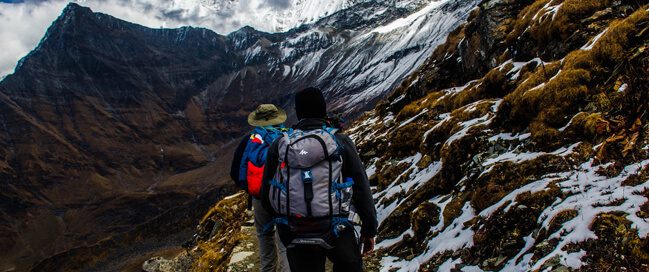
If you decide on camping you will definitely need a guide and porter. A guide is a person responsible for arranging logistics and safety on your trek, and a porter is a person responsible for carrying heavy gear.
Not only will the guide manage transportation, lodging, food, hiking schedule, routes, and safety on the trail, they can also be a good source of information on local culture, customs, festivals, and norms. Some people even choose to hire a guide when they go teahouse trekking.
Porters carry heavy gear, so you trekkers don’t have to. This comes in especially handy for older trekkers, inexperienced trekkers, or people trekking with children. You still need to keep your load at a minimum though, you might not be carrying it but another person is.
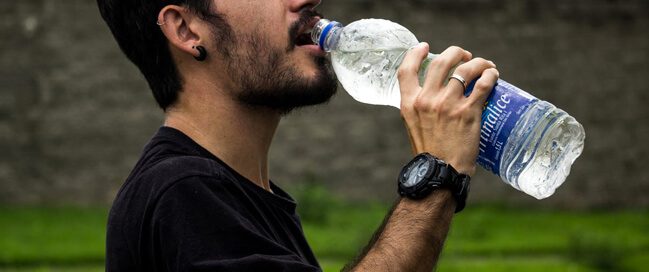
Hiking in Nepal is an adventure, and like any adventure, it has some dangers that you need to keep an eye for. Here are some safety tips that will help you avoid those dangers.
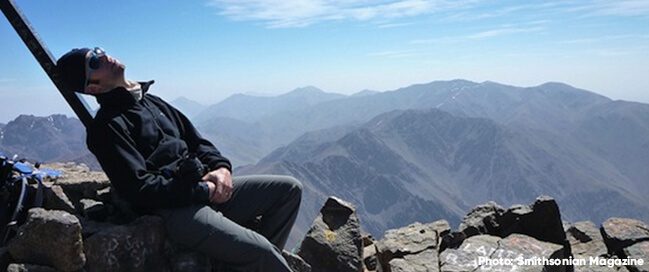
Mountain Altitude Sickness can affect anyone above 3000 meters. Altitude Sickness
affects people regardless of gender, age, and fitness.
That is why it is highly advisable to get a check-up and ensure you are in good health prior to trekking. It is also recommended to start walking training prior to departing so you have the most enjoyable time whilst trekking.
Many people suffer from mild symptoms of AMS (ACUTE MOUNTAIN SICKNESS)
A light headache, loss of appetite, and disturbed sleep may occur when suffering from
AMS. If you experience any of these symptoms do not continue to ascend. Instead, stay
where you are or go down to acclimatize.
Persistent severe headache, difficulty breathing, confused thinking, loss of appetite,
rapid breathing or breathlessness at rest, vomiting, coughing up pink, brown or white
sputum, the sound of liquid in the lungs, blueness of face and lips, severe lethargy (not
wanting to do anything), persistent bubbling cough, or persistently increased heart rate.
Drink plenty of water and eat fruit, especially when crossing high passes.
Now to the important question, what trail should I hike? Should I attempt to climb Everest?

Disclaimer: This route does not in fact climb to the top of Everest!
The most popular trail in Nepal, and the good thing is that anyone can trek it. While climbing to the top may need experience, the base camp trail is a fairly moderate one. It usually takes 14 to 16 days to complete the trail.
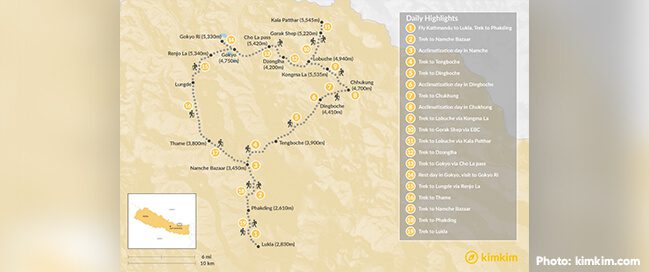
This spectacular route is one of the difficult trails, it takes 18 to 20 days to finish it, and requires physical ability. You get to hit the highlights of the Everest Base Camp route and the stunning Gokyo Lakes in an epic trip.

It takes 12 to 16 days to complete this trail. Annapurna Circuit trail is very popular because it combines stunning mountain scenery with Tibetan culture and culminates at one of the highest trekking passes in the world, the Thorong La.
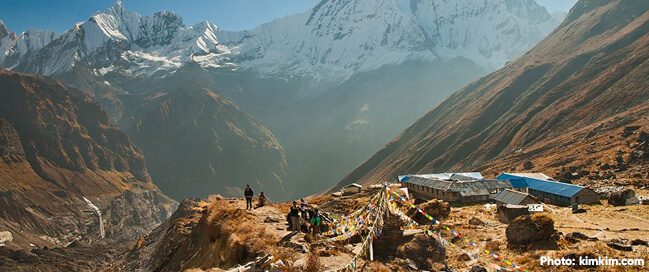
This moderate trail only takes 7 to 10 days to finish. However, this does not make it less astonishing than the others, just shorter, easier, and at a lower elevation. That is why it is suitable for novice trekkers.